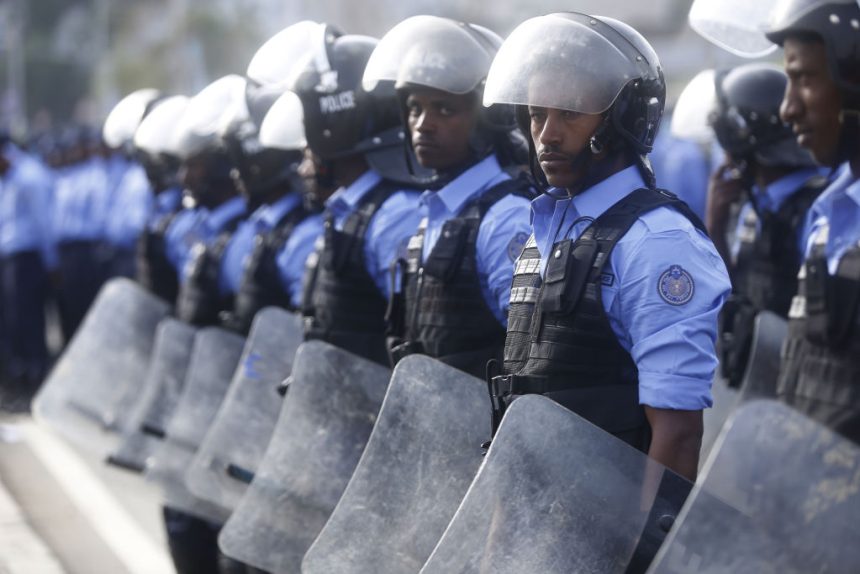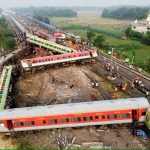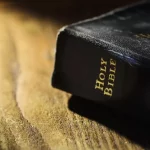Three people were killed on Friday when police clashed with worshippers outside Addis Ababa ‘s largest mosque, Ethiopian security forces said.
Several Muslim places of worship have been destroyed on the outskirts of Addis Ababa in recent months as part of a controversial urban planning project, which has sparked anger among worshippers.
Police fired teargas at worshippers outside the Grand Anwar Mosque, in the latest clashes fuelled by the destruction of mosques on the outskirts of the Ethiopian capital.
Ethiopia’s Joint Security and Intelligence Task Force said three people had died in the clashes, according to a statement published by Fana Broadcasting Corporate, a state-affiliated channel.
The Addis Ababa High Council of Islamic Affairs said that one person had died in the Friday clashes, adding that they had taken “others who sustained injuries” to a hospital.
Last Friday, clashes erupted outside the Grand Anwar Mosque, leaving two people dead and dozens injured, said police who said they had made 114 arrests.
Ahead of this week’s Friday prayers, AFP journalists saw police in riot gear deployed outside the mosque.
Members of the Republican Guard, an elite unit responsible for protecting government institutions and officials, were also present.
Worshippers were leaving the mosque calmly when some youths began to shout “Allahu Akbar” (God is greatest), and shots rang out, sowing panic, AFP journalists saw.
Some in the crowd threw stones at police, who responded with tear gas.
It was unclear whether the police used live ammunition, plastic projectiles or blank shots.
Shots continued to be heard for about two hours before calm returned and police cordoned off roads around the mosque.
Amir, a young worshipper who was at the mosque for Friday prayers said: “We more or less knew what was going to happen after prayers.”
“Hundreds of our brothers and sisters were arrested last week… people are furious our mosques are being destroyed.”
The urban planning project, known as Sheger City, involves the fusion of several municipalities in the Oromia region on the outskirts of the capital.
It has led to the demolition of homes and businesses, and local rights activists have slammed it as “illegal”.




